This is a pretty typical story: find fault with Big Tech, try to alert the appropriate people in the firm, get fired.
Julia Carrie Wong’s excellent article for The Guardian shows a data scientist, Sophie Zhang, find blatant attempts by governments to abuse Facebook’s platform, misleading their own people, in multiple countries. Of course Facebook denies it, but once again it’s backed up by a lot of evidence from Zhang, and we know Facebook lies. Endlessly.
Facebook claims it has taken down over ‘100 networks of coordinated inauthentic behavior,’ but I repeat again: if a regular Joe like me can find thousands of bots really easily, and report some with Facebook doing next to nothing about them, then 100 networks is an incredibly tiny number in a sea of hundreds of millions of users. Indeed, 100 networks is tiny considering Facebook itself has claimed to have taken down milliards of bots.
And people like me and Holly Jahangiri, who found a massive number of bots that followed the Russian misinformation techniques, have been identifying these since 2014, if not before.
Zhang reveals how likes from pages are inflating various posts—forget the bots I’ve been talking about, people have manufactured full pages on the site.
She uncovered one in Honduras, and then:
The next day, she filed an escalation within Facebook’s task management system to alert the threat intelligence team to a network of fake accounts supporting a political leader in Albania. In August [2019], she discovered and filed escalations for suspicious networks in Azerbaijan, Mexico, Argentina and Italy. Throughout the autumn and winter she added networks in the Philippines, Afghanistan, South Korea, Bolivia, Ecuador, Iraq, Tunisia, Turkey, Taiwan, Paraguay, El Salvador, India, the Dominican Republic, Indonesia, Ukraine, Poland and Mongolia.
Facebook was inconsistent with what it did, and its own self-interest interfered with it taking action. In other words, Facebook is harmful to democracy, and not just in the US which has received most of the occidental news coverage. On Azerbaijan, Zhang wrote in a memo:
Although we conclusively tied this network to elements of the government in early February, and have compiled extensive evidence of its violating nature, the effective decision was made not to prioritize it, effectively turning a blind eye.
She was ultimately fired for her trouble, Facebook saying she wasn’t doing the job she had been hired for.
So if you are going to work for Big Tech, leave your conscience at the door. That blood on your hands, just ignore it. Red’s such a fetching colour when it’s not on a balance sheet.
Little Tech can be troublesome, too. Last year, Meizu updated its Music app after a few years of letting it languish (a familiar theme with this firm), and it was a real lemon. It wouldn’t pick up anything on my SD card, at the location the old Music app itself saved the files. When I could still access the Meizu (English-language) forum, I managed to post a comment about it. Only today did I realize someone had responded, with the same issue.
I can read enough Chinese to get the phone to do a search for local music files, and the only things it could pick up are what’s on the phone RAM itself, not the card. There’s no way to point to custom locations such as a card (even though there is a custom search, but it applies to the phone only).
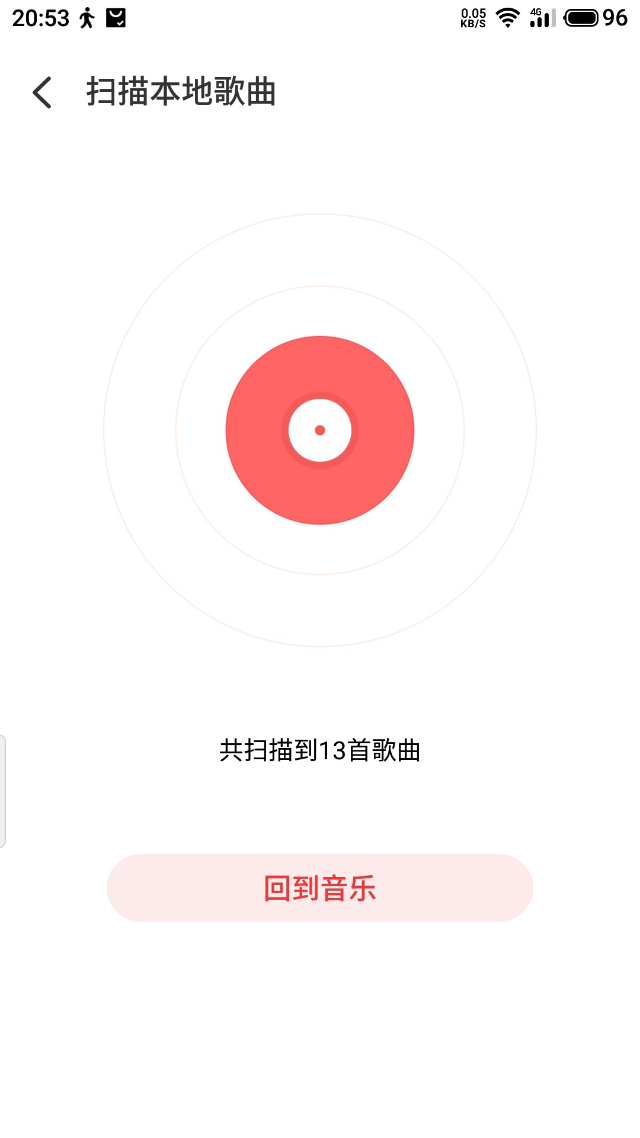
Above: Meizu Music will only find music on the phone’s RAM—in this case sound files that come with the dynamic wallpaper and a couple of meeting recordings I made.
Eventually I restored the old app through the settings, and all was well. It would occasionally forget the album cover art and I’d have to relink it (who says computers remember things?), but, by and large, Music 8.0.10 did what was expected of it.
Until this last week. The phone insisted on upgrading to 8.2.12, another half-baked version that could never locate any SD card music.
Sure I could just move the entire directory of 1,229 songs to the phone, but I wondered why I should.
Restoring the app would work only for a few hours (during which I would try to relink the album cover art, ultimately to no avail). Blocking the new version the app store did nothing; blocking the entire app from updating did nothing. Blocking network access to the Music app did nothing. Essentially, the phone had a mind of its own. If anyone tells you that computing devices follow human instructions, slap them.

Above: I asked the app store to ignore all updates for Meizu Music. The phone will ignore this and do what it wants, downloading the update and installing it without any human intervention.
I had a couple of options. The first was to make Migu Music the default—and I had used that for a while before I discovered I could restore the Music app. It’s passable, and it does everything it should, though I missed the cover art.
The other was to find a way to make Music 8.2.12 work.
There is one way. Play every one of the 1,229 songs one by one to have Music recognize their existence.
Using ES File Explorer, you head to the SD card, and click on each song. It asks which app you’d like to open it. Choose Music. Repeat 1,228 times.

Above: I finally got there after doing something 1,229 times. As a non-tech person I know of no way to automate this easily. I can think of a few but developing the script is beyond my knowledge.
Whoever said computing devices would save you time is having you on. They may have once, but there are so many systems where things are far more complicated in 2021 than they were in 2011.
You may be asking: doesn’t ES let you select multiple files, even folders? Of course it does, but when you then ask it to play them, it ignores the fact you’ve chosen Music and plays them in its own music player.
And even after you’ve shown Music that there are files in an SD card directory, it won’t pick up its existence.
It’s at odds with Meizu’s Video app, which, even after many updates, will find files anywhere on your phone.
For a music player with the same version (8) it’s vastly different, and, indeed, inferior to what has come before.
How’s the player? Well, it connects to the car, which is where I use it. But so many features which made it appealing before are gone. Editing a song’s information is gone. Half the album cover art is unlinked (including albums legitimately downloaded through the old Meizu music service), and there’s no way of relinking it. European accented characters are mistaken for the old Big 5 Chinese character set.
The only plus side is that some songs that I had downloaded years ago with their titles in Big 5, as opposed to Unicode, now display correctly. That accounts for a few songs (fewer than 10) of the 1,229.
I know Meizu will do nowt, as its customer service continues to plummet. I may still file something on its Chinese BBS (the western one is inaccessible and, from what I can tell, no longer maintained by anyone from their staff), but it’s highly unlikely I’ll be brand-loyal. It’s yet another example of a newer program being far, far worse, by any objective measure, than its predecessor, giving credence to the theory that some software developers are clueless, have no idea how their apps work, have no idea how people use their apps, or are downright incompetent. It’s a shame, as Meizu’s other default and system apps are generally good.
In the future, I’m sure someone else in China will be happy to sell me a non-Google phone when it’s time to replace this one.
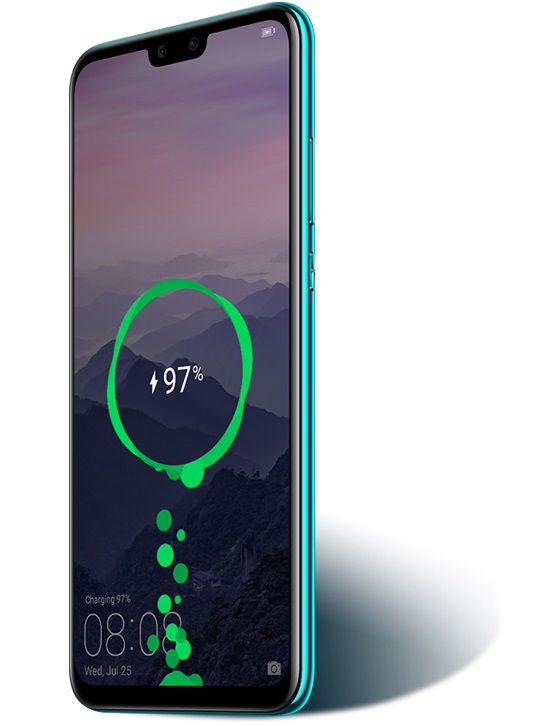

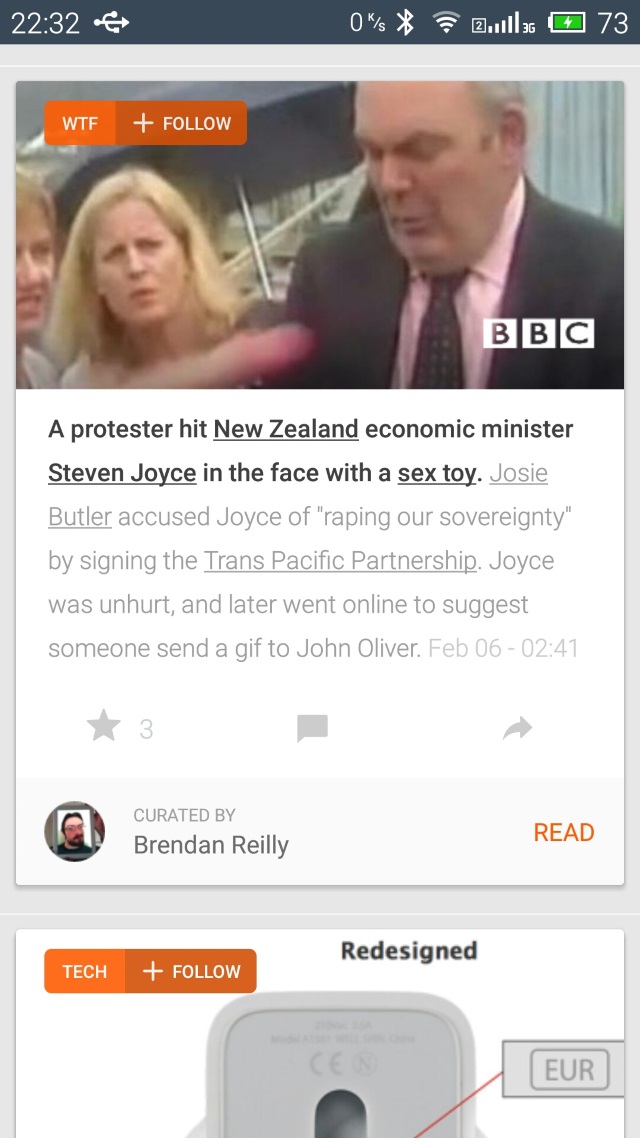
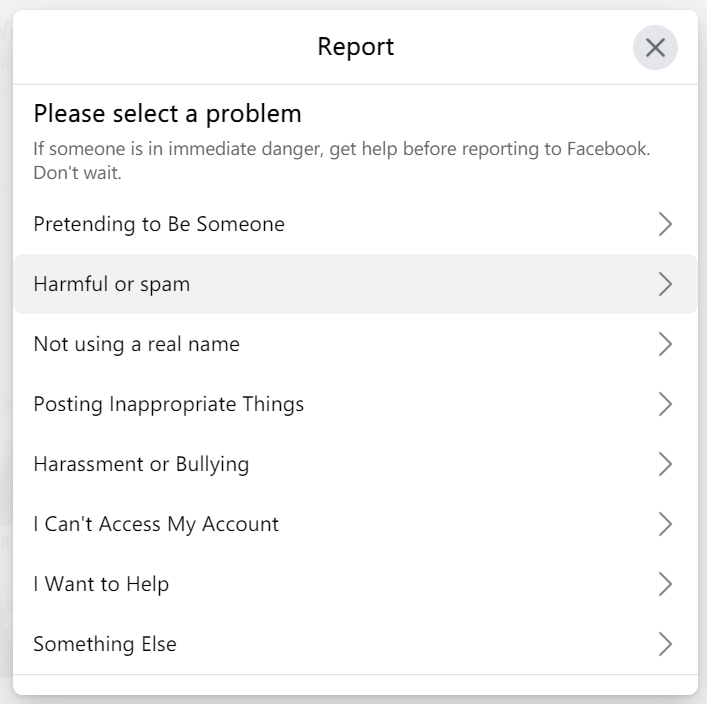
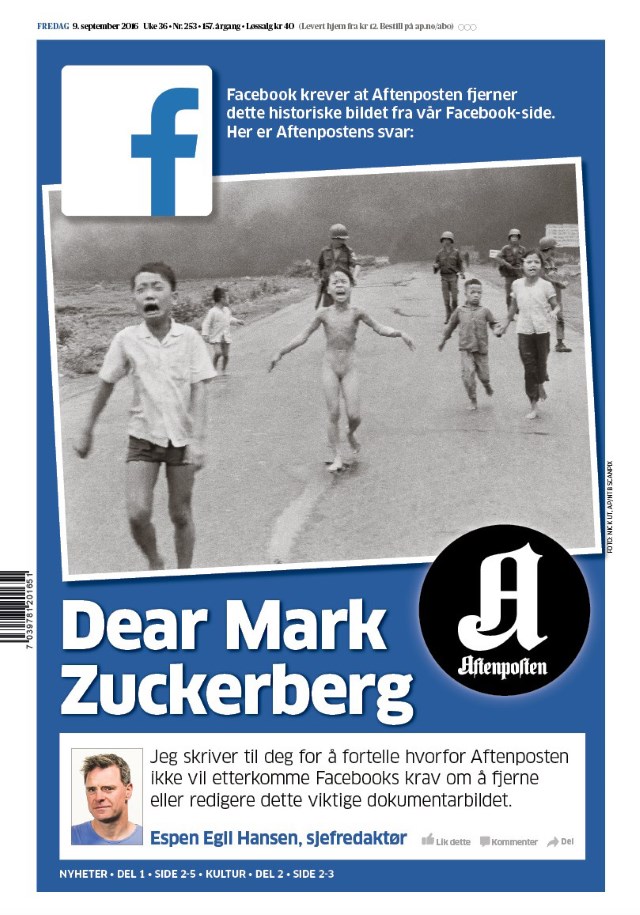
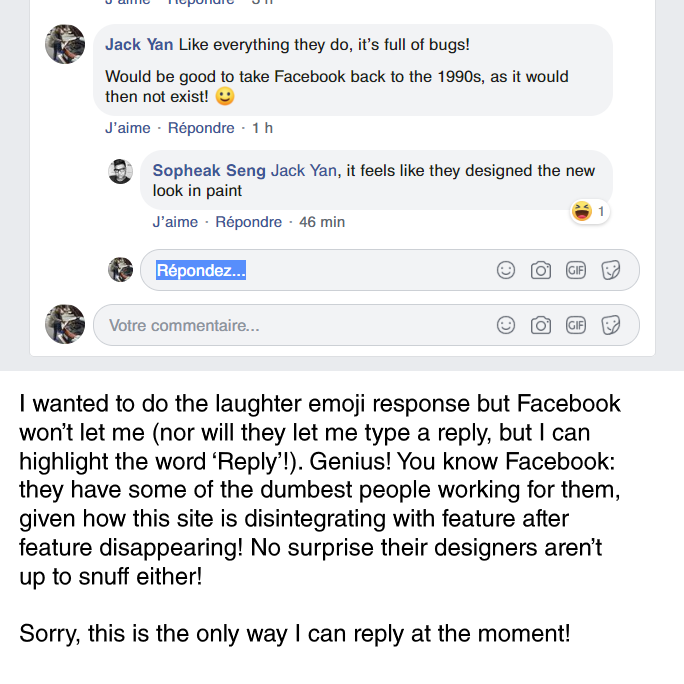
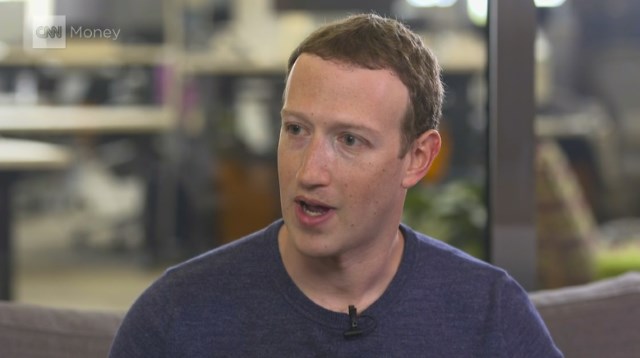
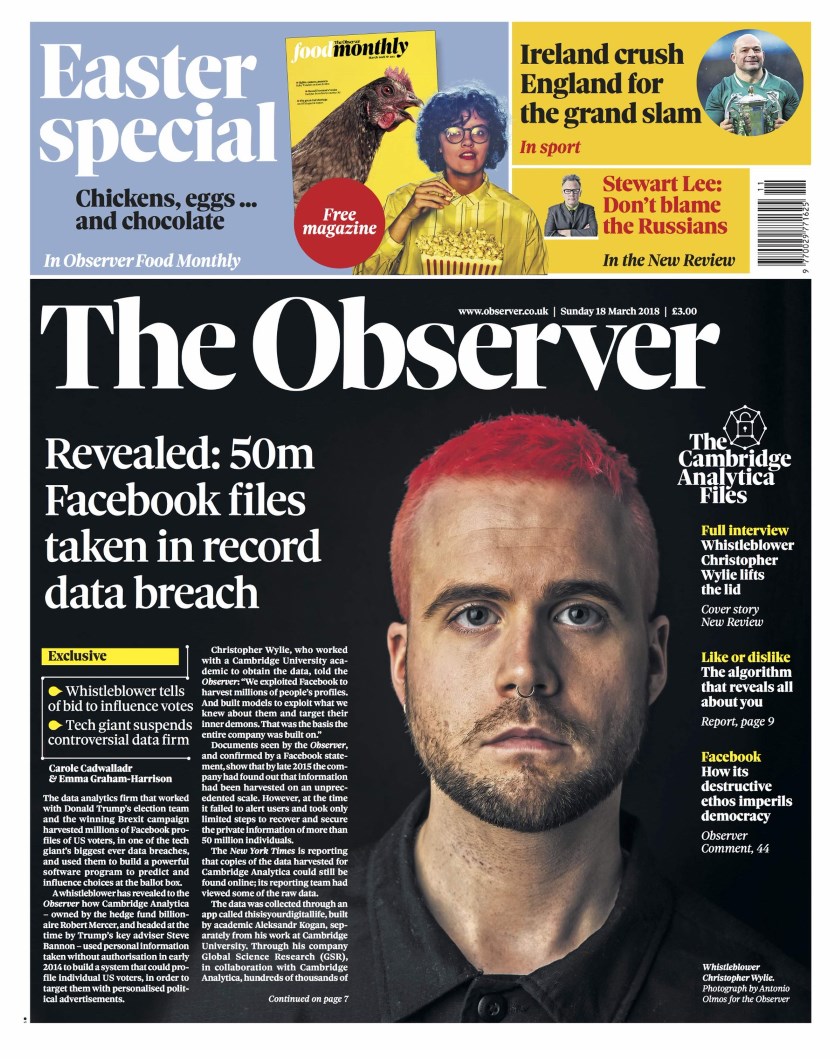
The latest Facebook drama on my end: REAL people getting permanently locked out after their accounts were hacked, despite recovering, changing passwords, and providing Facebook with ungodly amounts of personally identifying documentation (from driver’s licenses to utility bills).
My publisher and friend of over 20 years (Vivian Zabel) is one; I have several other friends and authors I know, personally, who have similar horror stories. Facebook punishes the victims, not the hackers.
Hi Holly, that’s terrible. A few years ago, an acquaintance of mine had her page cloned. The result? Facebook killed her page and allowed the catfish one to stand. It took a lot, lot more protests from her and her Facebook friends (myself included) to have hers restored and the fake removed. That was when I was using it regularly, and she was still seeing a guy I knew, so it must have been pre-2015. In other words, not a lot has changed …
And as you know, I don’t believe some accounts were hacked at all—Facebook lies. Remember this one?